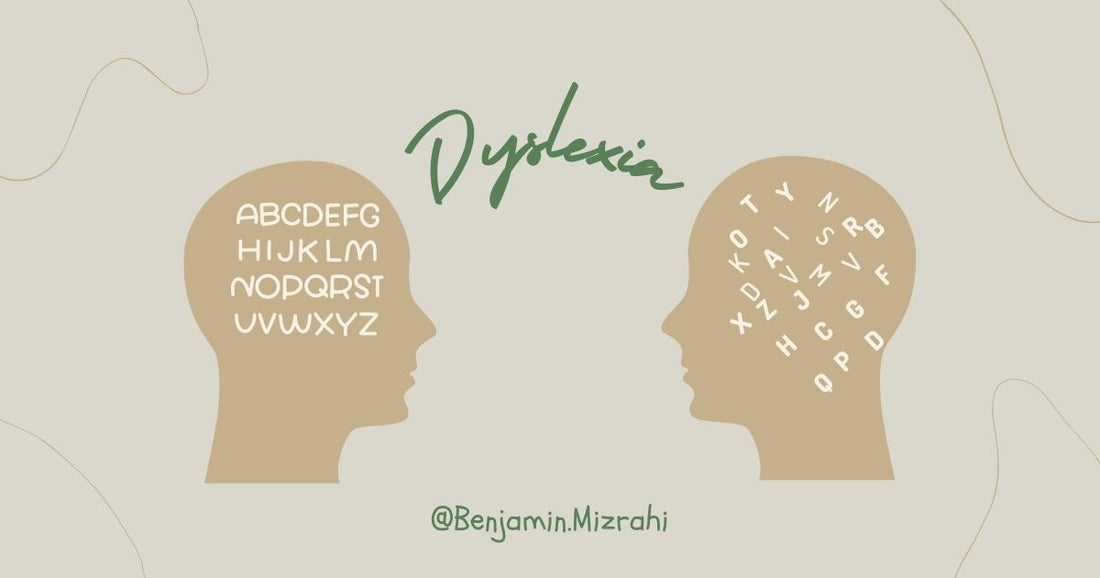
Understanding Dyslexia
Share
Dyslexia is a learning disorder that makes reading and decoding letters and words difficult for those affected by it. It is important to understand that dyslexia is not a disorder of the eyes, but rather on how the mind interprets what the eyes see. Dyslexics have different variations in their perception of words and letters, but some may:
- See letters backwards or upside down
- See text jumping around the page
- Have difficulty differentiating letters that have similar shapes such as o, e, c
- Have difficulty differentiating letters of different orientations such as b,q,p, and d
- Feel dizzy after trying to read
- Be able to read but unable to sound them out
Some dyslexics might have these perception disorders, but some may have none and yet still be dyslexic. It all comes down to how the brain interprets these codes wherein the essence of dyslexia is anchored upon. Either way, it is important to recognize the symptoms early on, so that dyslexic children may be given the help they need. Symptoms become more prominent as the child gets older, such as:
Before School
- Talking late
- Learning new words slowly
- Difficulty in forming new words; jumbling the sounds of a word or reversing its pronunciation
- Difficulty learning nursery rhymes
School Age
- Reading ability is well below what is expected of their age
- Difficulty processing what they see or hear
- Difficulty formulating answers or right words to questions
- Unable to differentiate similar letters
- Difficulty in spelling
- Deliberate avoidance of tasks that involve words and letters
Teens and Adults
- Difficulty reading
- Slow and tedious reading and writing
- Trouble in spelling
- Avoidance of activities that involve reading and writing
- Mispronouncing names or words
- Trouble understanding jokes or expressions that have allude to a different meaning such as idioms or metaphors
It is never too late to seek help when one is suffering from dyslexia. We must remove the stigma that surrounds “slow” individuals and instead help them develop at their own pace, and to give help when they need it the most. However, let us not forget that the goal of helping or seeking medical help is for them to become independent. Babysitting such individuals will only make them reliant on others for a disorder that will last their lifetime.
Coach Benjamin Mizrahi. Educator. Learning Specialist. Family Coach. Father. Husband.
More articles on Mr Mizrahi's Blog - Benjamin Mizrahi
